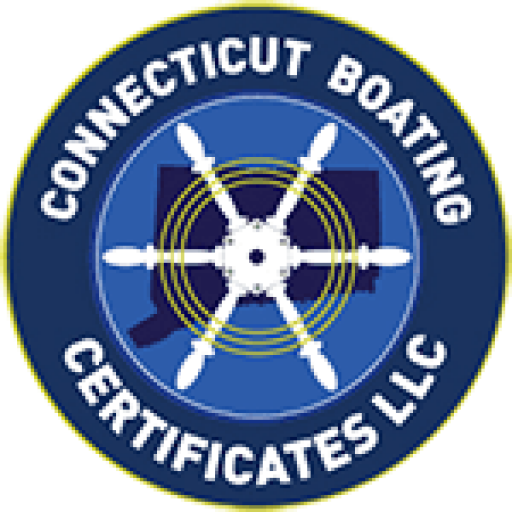Call: 1-800-832-7191
NOAA Budget Estimates 2026
Analysts across the environmental and maritime fields are paying close attention to the NOAA Budget Estimates 2026, and interest continues to grow as agencies prepare for shifting national priorities. Stakeholders understand that NOAA’s annual budget outlines far‑reaching goals, and they rely on these projections to shape program funding, research planning, and operational readiness. Because the 2026 cycle highlights both modernization …
